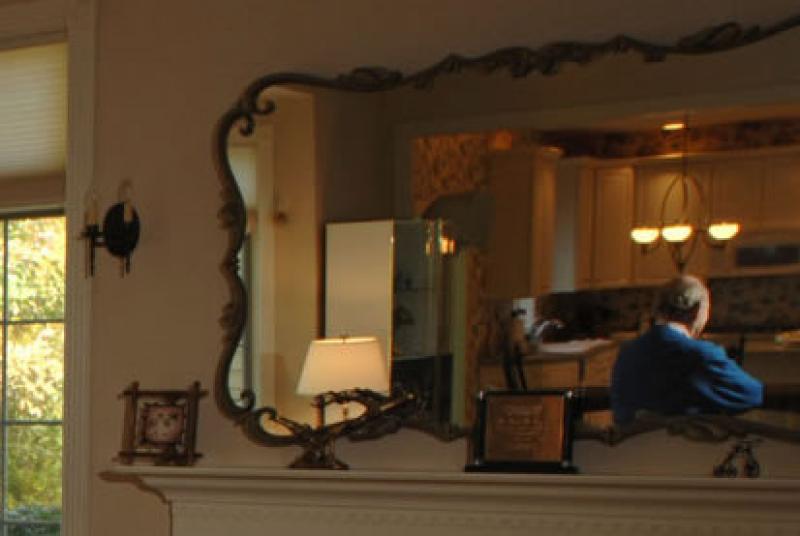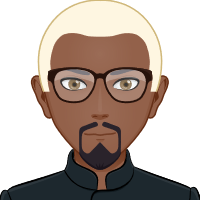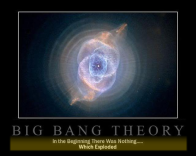Paul Kurtz, 86, Humanist Publisher, Dies



Paul Kurtz, a philosopher whose advocacy of reason ahead of faith helped define contemporary secular humanism, died on Saturday at his home in Amherst, N.Y. He was 86.
He had been treated for chronic obstructive pulmonary disease, said his son, Jonathan, who is the president of Prometheus Books, the publishing house his father founded in 1969, and who confirmed the death.
Professor Kurtz taught philosophy at the University at Buffalo, part of the State University of New York, from 1965 until his retirement as professor emeritus in 1991. But his wider influence came as a publisher of books and magazines devoted to fact-based, rather than faith-based, solutions to human problems, and as a writer who, in more than 40 books and hundreds of articles, promoted an ethical system independent of religion.
Professor Kurtz founded the Center for Inquiry , which promotes evidence-based reasoning and opposes organized religion, and the Committee for the Scientific Investigation of Claims of the Paranormal (known as Csicop), which is dedicated to debunking pseudosciences.
In 1973, as editor of the magazine The Humanist, Professor Kurtz drafted what came to be known as Humanist Manifesto II, in which he updated a 1933 document by addressing issues that the earlier document, which was largely a critique of theism, had failed to touch on, among them nuclear arms, population control, racism and sexism.
The document was signed by 120 religious leaders, philosophers, scientists and writers, including the dissident Soviet physicist Andrei D. Sakharov; Dr. Francis Crick, a discoverer of the structure of the DNA molecule; and the novelist Isaac Asimov. It argued for a system of world law that would “transcend the limits of national sovereignty.”
“Traditional dogmatic or authoritarian religions that place revelation, God, ritual or creed above human needs and experience do a disservice to the human species,” the document said.
In its best-known dictum, it declared, “No deity will save us; we must save ourselves.”
In 1980, in response to the conservative religious movement the Moral Majority, Professor Kurtz founded the journal Free Inquiry. In its inaugural issue he drafted another statement, “A Secular Humanist Declaration,” in which he warned that “the reappearance of dogmatic authoritarian religions” had become a threat to intellectual freedom, human rights and scientific progress. The statement, signed by 61 scholars, directed its objections toward “fundamentalist, literalist and doctrinaire Christianity; a rapidly growing and uncompromising Muslim clericalism in the Middle East and Asia; the reassertion of orthodox authority by the Roman Catholic papal hierarchy; nationalist religious Judaism; and the reversion to obscurantist religions in Asia.”

Paul Kurtz, in 2010, published books and magazines devoted to fact-based, not faith-based, solutions to human problems. Credit Doug Benz for The New York Times
Not surprisingly, Professor Kurtz and the secular humanist movement drew the wrath of the religious.
“Humanism is basically Satan’s philosophy and program,” the evangelist H. Edward Rowe wrote in a 1976 book, “Save America.” “Certain features of it may sound reasonable, but it always leads to tragedy, simply because it ignores the guidance of God.”
Humanists in general and Professor Kurtz in particular have also been criticized by some atheists as not aggressive enough in opposing the credibility of religious myths. But Professor Kurtz wrote that humanists, who “may be agnostics, atheists or skeptics,” believed that their obligation was to go beyond deriding religion. In 2009, he resigned from the board of the Center for Inquiry, in part because he felt it was on too contentious a path.
“If religion is being weakened, what replaces it in secular society?” Professor Kurtz said in an interview with The New York Times in 2010. “Most of my colleagues are concerned with critiquing the concept of God. That is important, but equally important is, where do you turn?”
Paul Winter Kurtz was born in Newark on Dec. 21, 1925. His father was a restaurateur in Irvington, N.J. He attended public schools and enrolled in New York University but soon left to enlist in the Army during World War II . He fought in the Battle of the Bulge and entered the concentration camps at Buchenwald and Dachau shortly after their liberation, helping with the care of survivors.
After the war he returned to N.Y.U., where he studied with the philosopher Sidney Hook. He graduated in 1948 and went on to earn an M.A. and a Ph.D. in philosophy from Columbia.
Before Professor Kurtz landed in Buffalo, he taught at Trinity, Vassar and Union Colleges. In addition to editing The Humanist and Free Inquiry, he was the founding editor of Skeptical Inquirer, a magazine that sought to debunk paranormal phenomena, sightings of Bigfoot and extraterrestrials, communications with the dead, and other pseudoscientific claims.
Among his books on humanism is “Forbidden Fruit: The Ethics of Secularism” (2008), a prescription for living a happy, productive life free of religious dogma.

